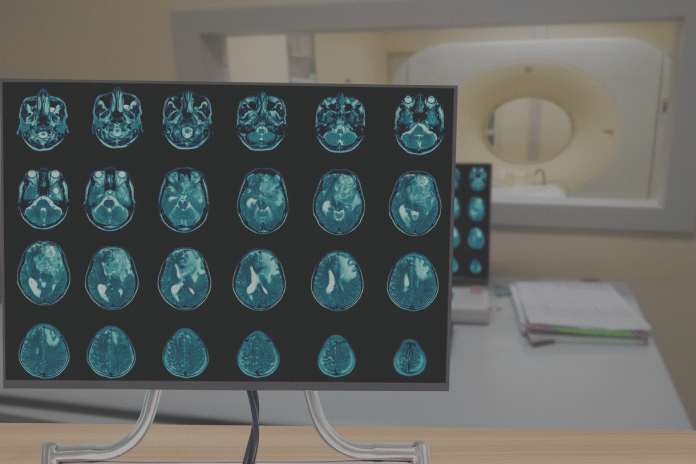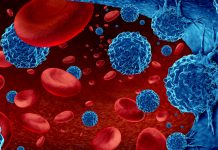Study shows that a folic acid-like drug, L-methylfolate, has the ability to change the DNA process within a patients tumour
According to the phase-1 clinical trail conducted at Vanderbilt University Medical Centre, it appears possible that the DNA methylome of these brain tumours can be reprogrammed when this potential drug was administered alongside the current standard therapy for recurrent glioblastomas.
“This is an important first step in understanding how we can manipulate the epigenome, and hopefully, this study will help design future epigenetic studies in glioblastoma treatment,” said Stephen Clark, assistant professor of Neurology in the Division of Neuro-Oncology at Vanderbilt University Medical Centre.
Changes in life expectancy based on L-methylfolate
Although the study group of 14 patients was not large enough to detect a statistically significant survival advantage, the patients treated with the folic acid supplement L-methylfolate had a median survival of 9.5 months, compared to the typical median survival of 8.6 months.
Clark stated that this is the first time DNA methylome reprogramming has occurred with any solid human tumour, along with this L-methylfolate was well tolerated, with no toxicities reported which shows great promise for future trials. The study provides greater insight into the dynamics of epigenetic reprogramming, which is an emerging treatment for enhancing immunotherapies.
Future research to investigate more possibilities of epigenetic reprogramming
“Epigenetic reprogramming is not a new concept; for instance, a DNA methyltransferase inhibitor treatment (5-Azacytidine) has been studied and is approved for the treatment of some leukaemia’s” pointed out the study’s first author, Doctor Lucas Salas.
Six of the trial participants donated their brains at death for additional studies. Autopsies indicated a significant methylation dysregulation difference between these six autopsy samples and the patient’s initial tumour sample at diagnosis.
With this information, the researchers at Vanderbilt University Medical Centre are planning of expanding the study to a larger group with phase-2 clinical trials of patients with recurrent glioblastomas. Future studies could also include combinations of epigenetic drugs with immunotherapy.











